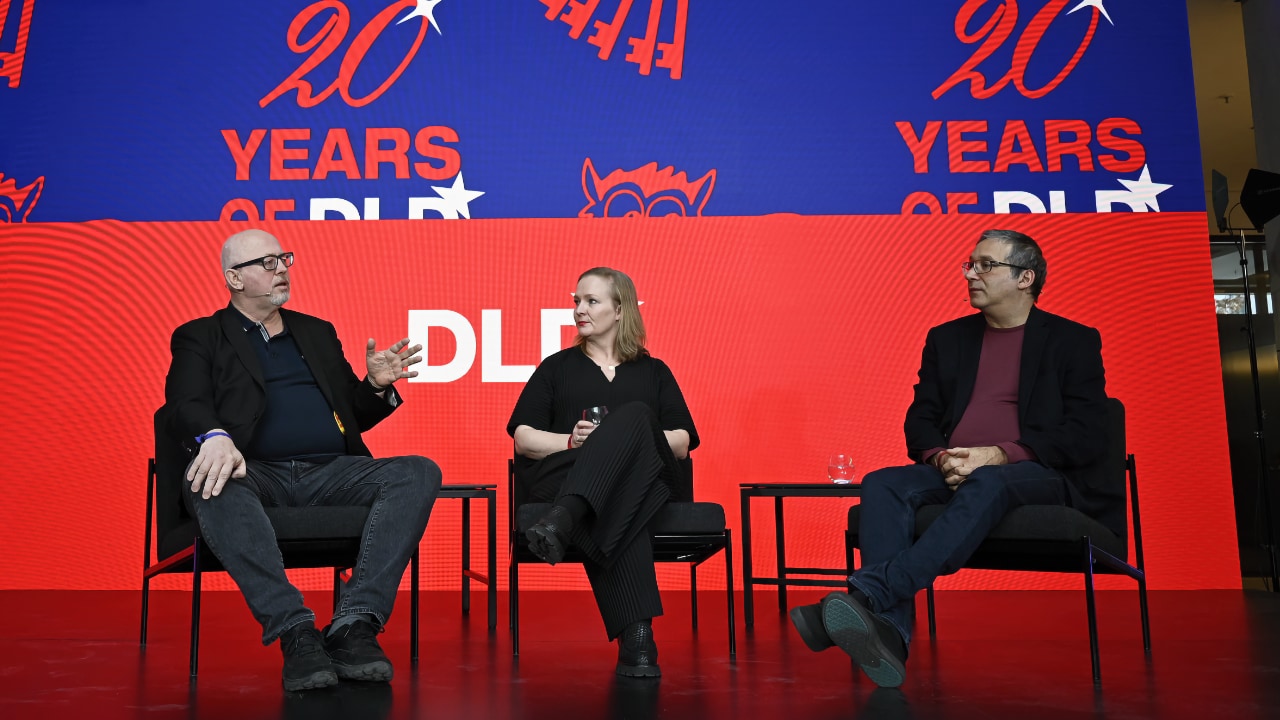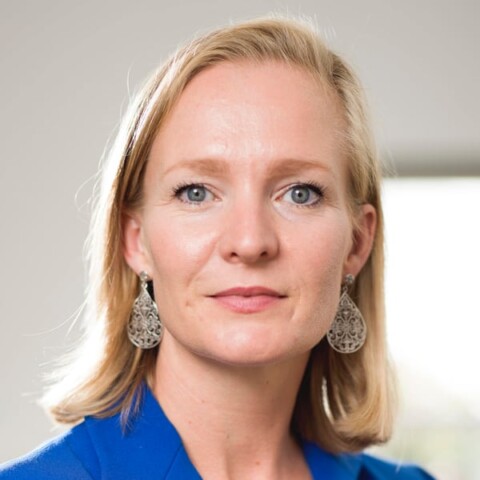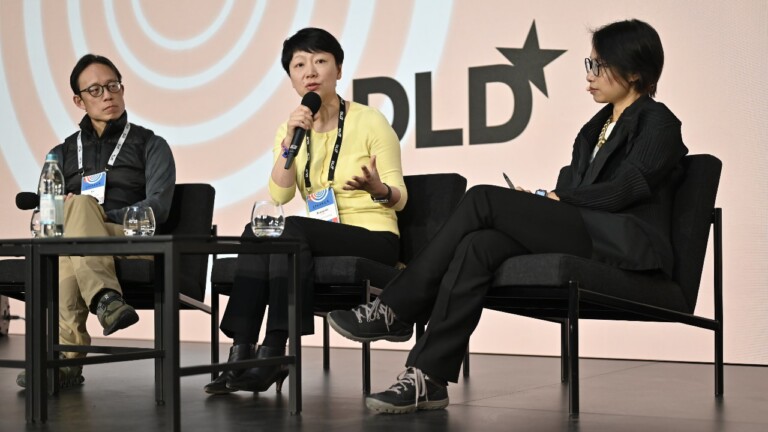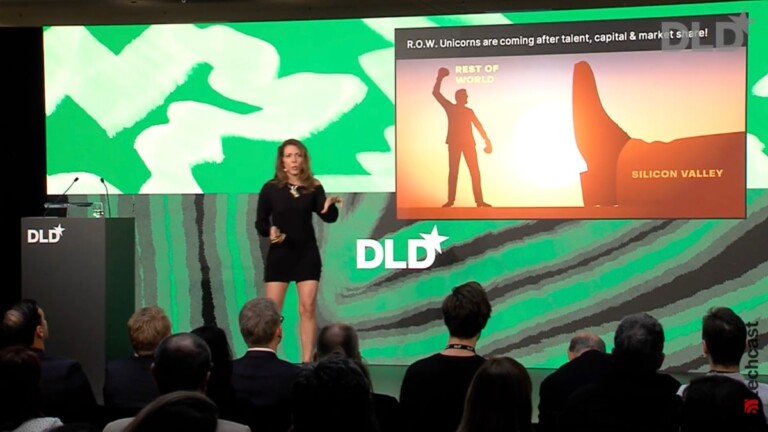Are technology platforms becoming a threat to democracy? In this lively DLD25 session, moderator Matthew Bishop (Social Progress Imperative) discusses the outsize influence of tech billionaires and Silicon Valley giants on society with Marietje Schaake (Stanford University) and author Gary Marcus.
The conversation, recorded just days before the second inauguration of U.S. president Donald Trump, begins with Bishop’s observation that seeing Elon Musk, Mark Zuckerberg, and Jeff Bezos “sitting in the front row” at the event would have seemed impossible just a few months ealier. “We’re in a whole new world of plutocratic power, of tech plutocratic power”, Bishop says.
Marietje Schaake warns that the privatization of core infrastructure, from satellites to undersea cables, gives tech leaders extraordinary control over democratic systems. “It’s an unprecedented situation”, she says, “where we really see a sort of synergy between Silicon Valley leaders and political leadership.”
Schaake, a former EU Parliament member and author of the recent book The Tech Coup, warns that tech giants and their leaders will “will be more powerful” in future elections should they get the chance to “change the democratic institutions that are typically there to provide checks and balances and independent oversight.”
Gary Marcus, a prominent AI skeptic, sees artificial intelligence as a tool that makes democracy even more fragile. He outlines nightmare scenarios like the use of Large Language Models for cybercrime, misinformation, and creating vulnerabilities in software systems.
“The Large Language Models that everybody’s enamored with don’t really understand system architecture or security,” Marcus explains. “So they’re building lots of vulnerabilities in.”
In combination with a lack of oversight and deregulation this could create “a perfect storm”, he warns. “They’re going to get rid of many, many regulations around this. And they’re also going to scare away most of the talent.”
Watch the video for further insights into the danger of personal threats to civil servants; protecting freedom of speech; and ways to push back.





